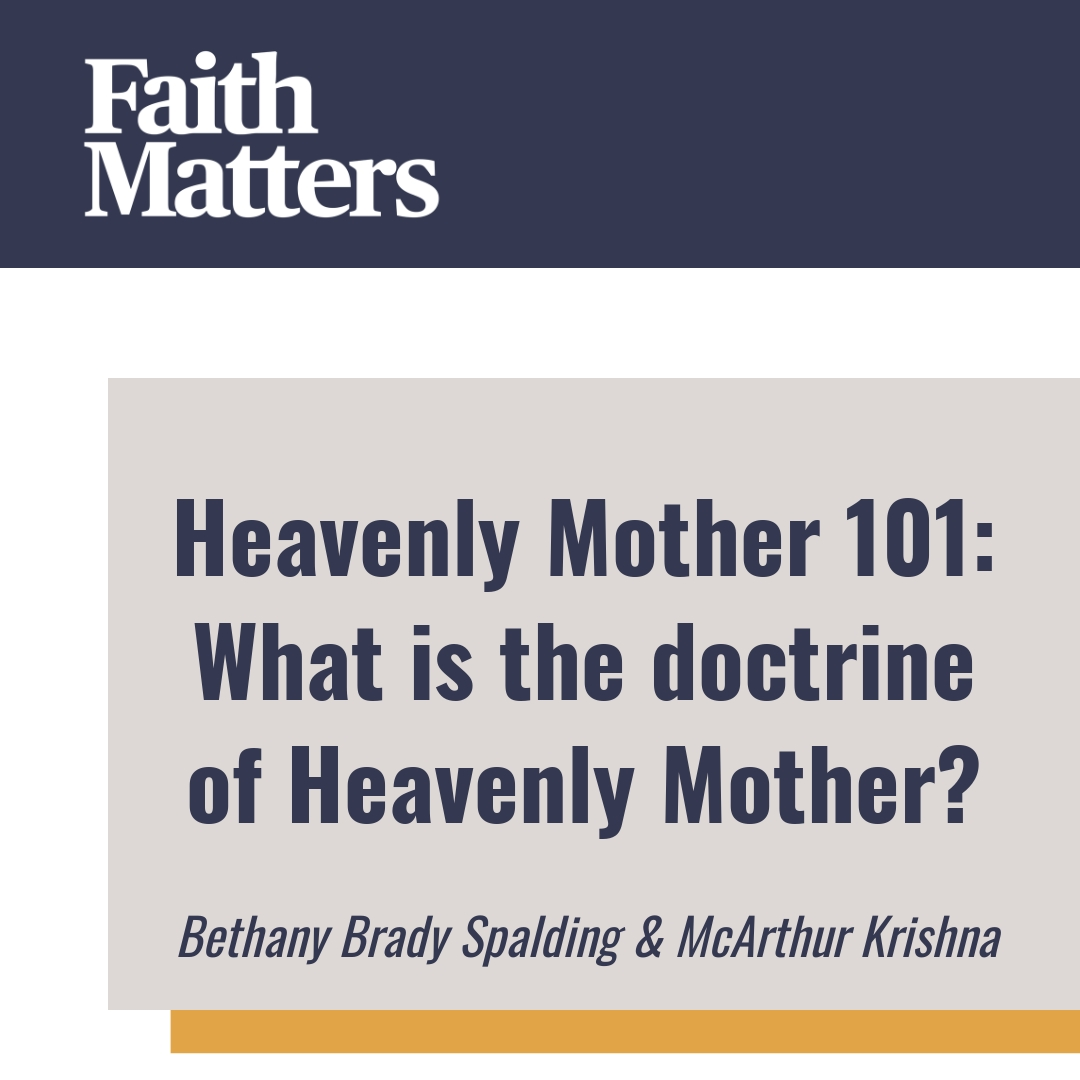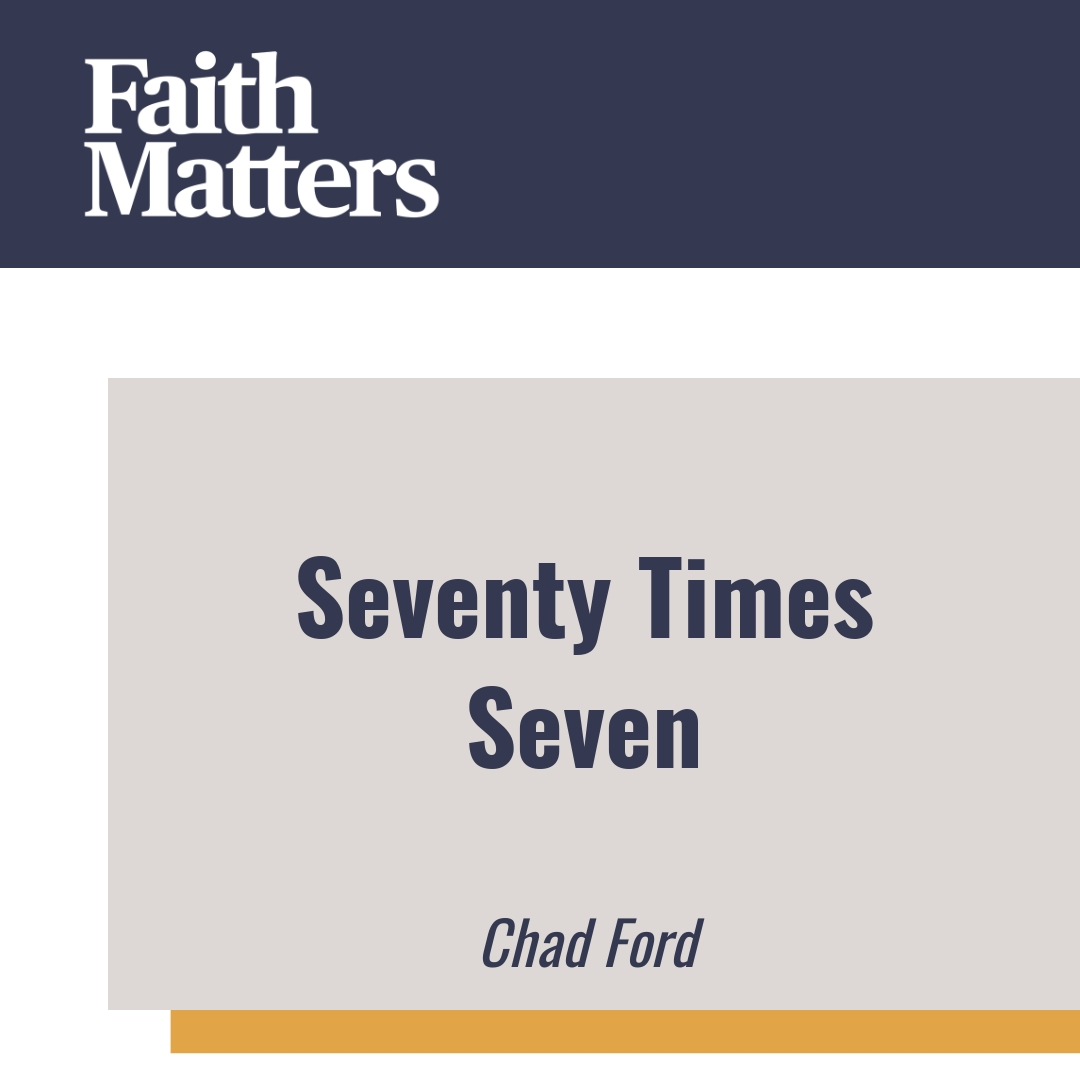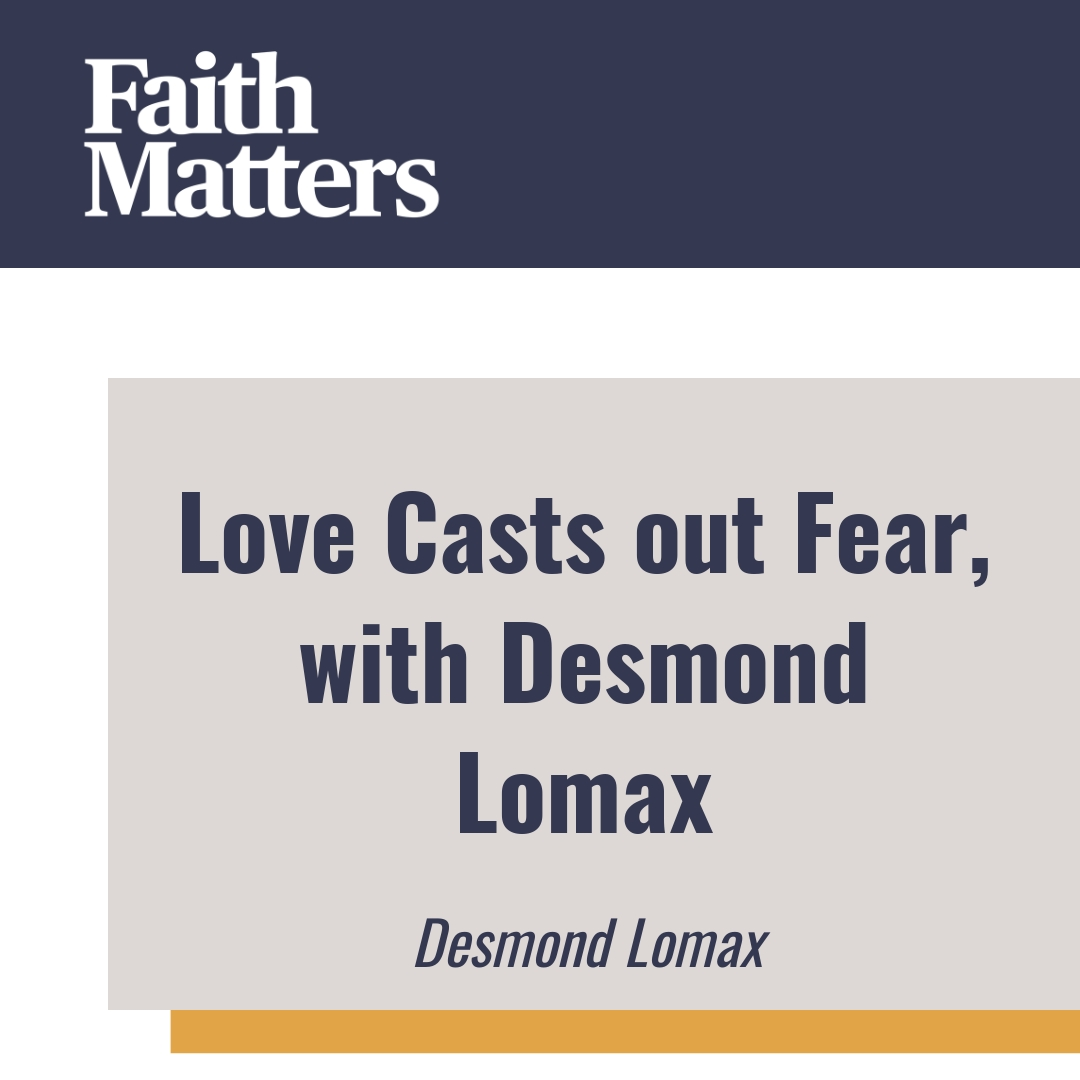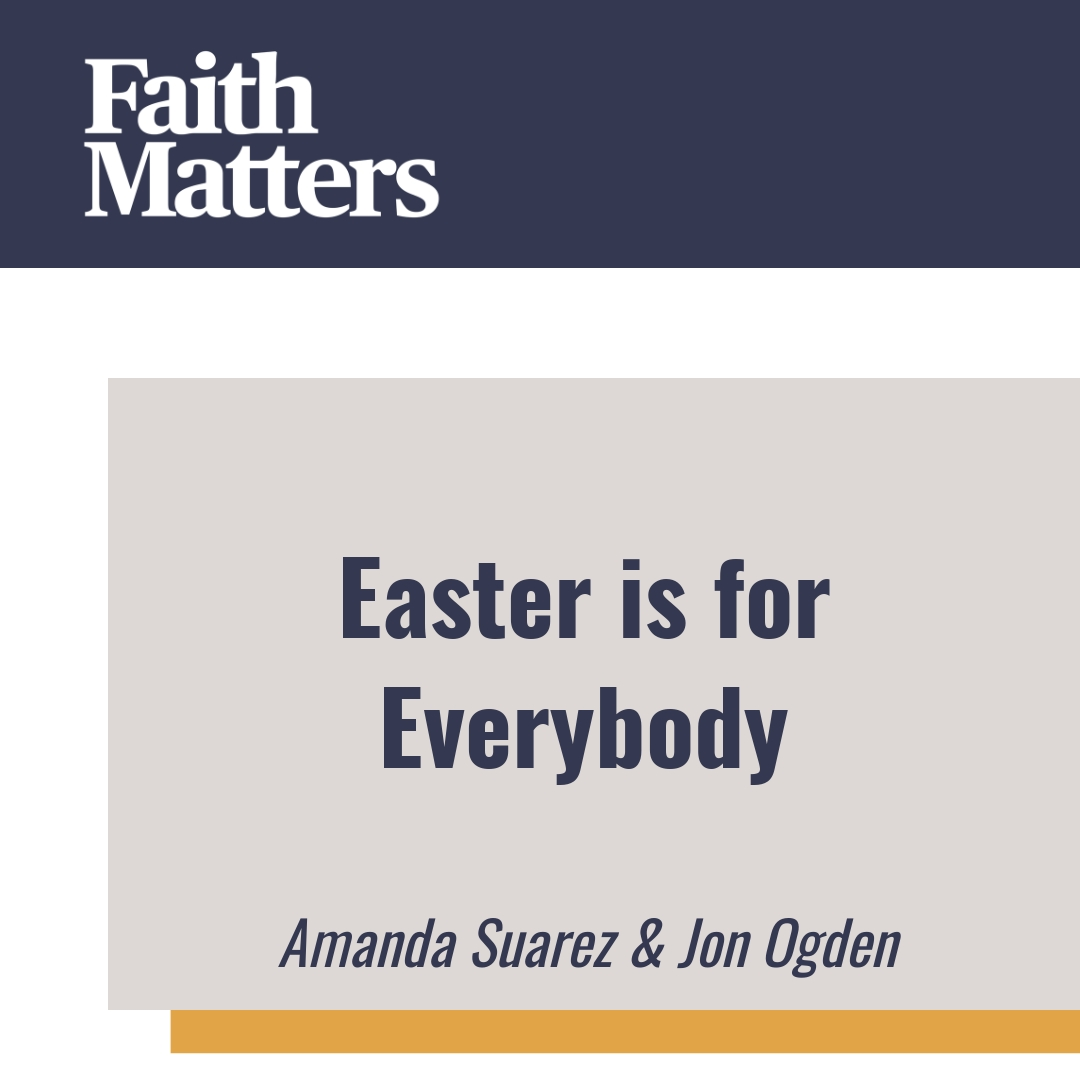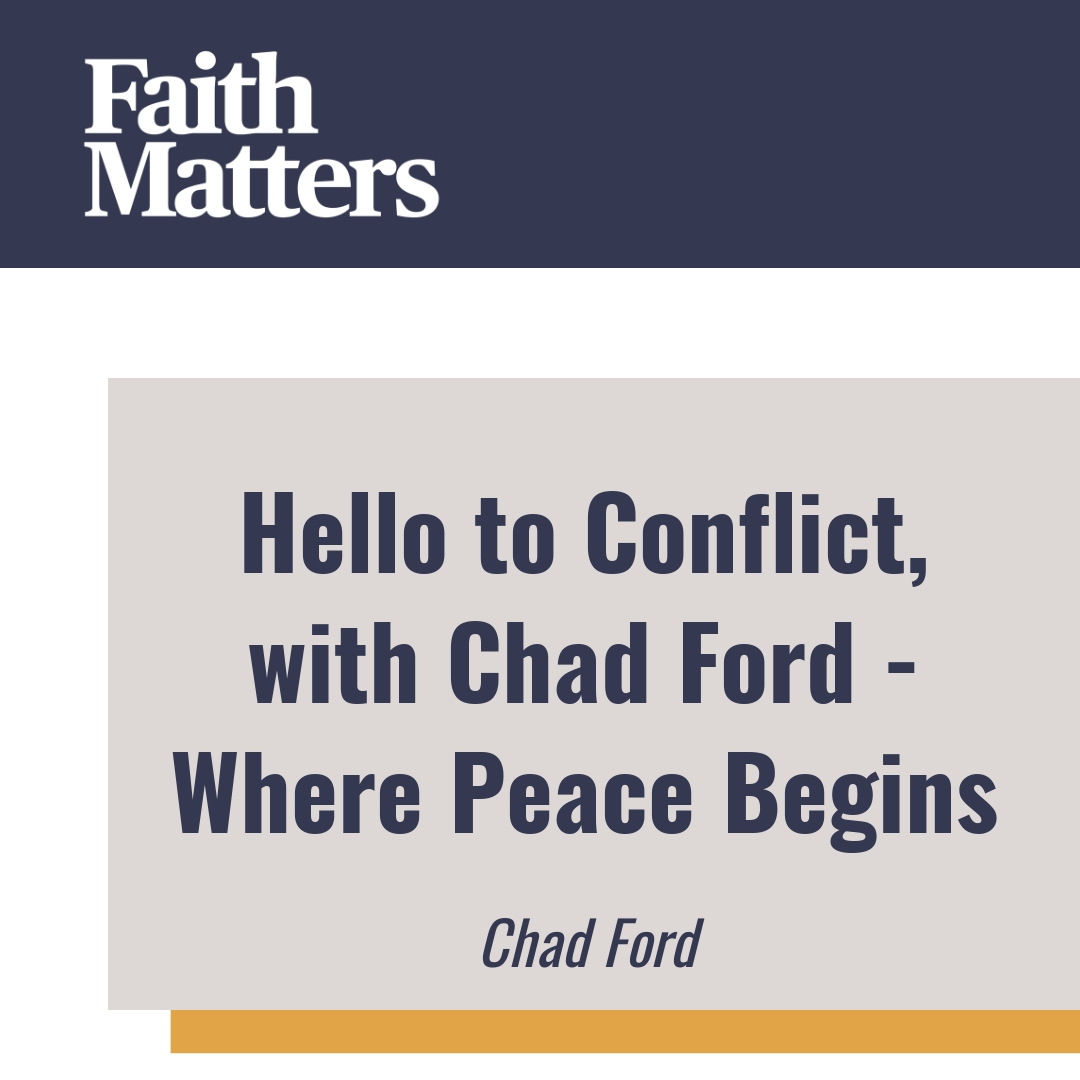We have a really fun episode for you today—We’re talking with James Goldberg about his delightful book Tales of the Chelm First Ward, which he co-wrote with his, wife Nicole Wilkes Goldberg, and his brother, Mattathias Singh.The book is a collection of fictional stories set in a Latter-day Saint ward in the imagined town of Chelm—a nod to Jewish folklore and the famous “village of fools.” The humor is wonderfully absurd but beneath the silliness is something powerful and profound.In this conversation, we explore what might be called a theology of humor. James reflects on how laughter opens us. It softens the edges of our seriousness and rigidity, and draws us closer in shared connection. He reminded us that not everything about “church culture” needs to be critiqued or stripped away—sometimes it can be embraced with lightness and joy, as part of what brings us together and helps us live in community. The idea that stayed with us most was this: maybe what makes a ward great isn’t how aligned everyone is theologically or politically, or how smoothly things run, or how polished people are in their callings. Maybe it’s just about creating a group of people who are all rooting for each other—through the everyday moments, the imperfect efforts, and the callings that stretch us. It’s about showing up with love, having each other’s backs, and learning to see one another the way God does—with patience, grace, and deep affection.We hope this episode might just help you love your ward a little more—with all its quirks and imperfections. We hope it helps you see the people around you with a little more grace, a little more humor, and a little more tenderness.And with that, here’s our conversation with James Goldberg.https://www.wayfaremagazine.org/p/tales-of-the-chelm-first-ward-introductionAffiliate link for Chelm: https://bookshop.org/a/108982/9781961471030

